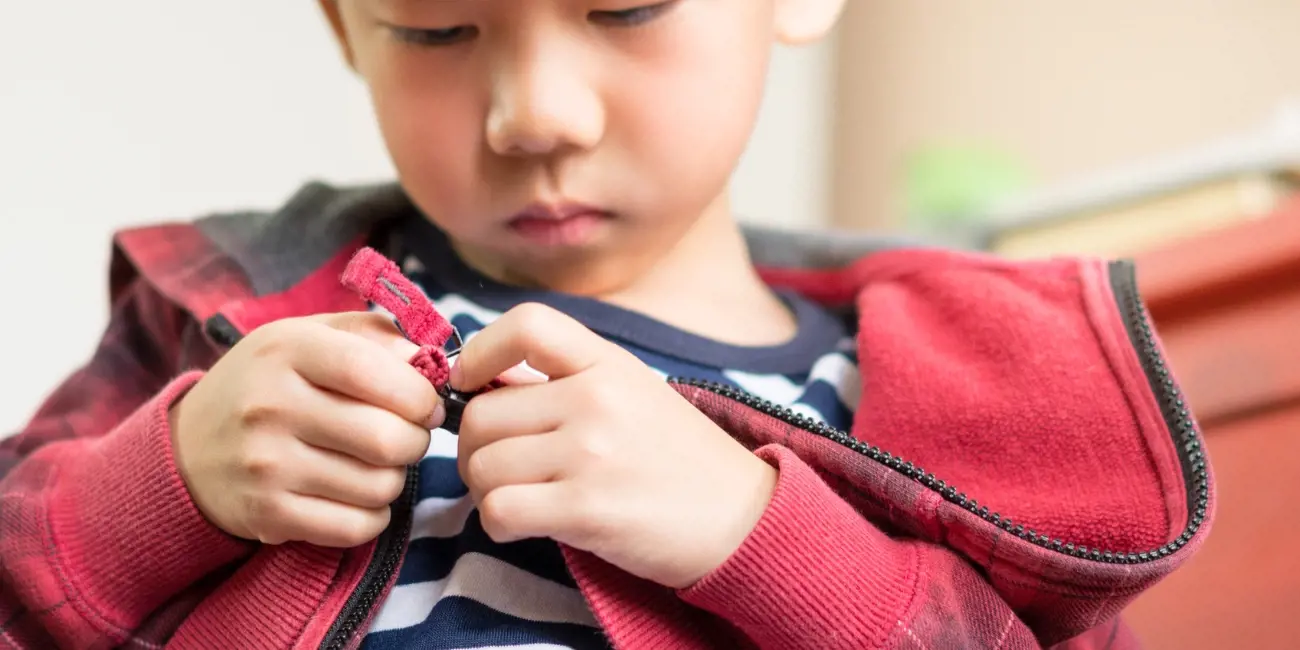Raising children is emotional business and just like being a parent, watching kids learn and grow throughout their early years in education can tug at the heartstrings of an early educator just the same.
Children face all kinds of challenges in their days, from mild conflict with their peers to understanding the emotional development of losing a game or not completing a task. It’s difficult to know when to intervene and when to take a back seat and let children figure out their emotions.
From the age of two up until five, children are naturally curious and have a strong desire to explore their environment. Educators know exactly when they should step back and allow the children in their care to lead their own learning experiences, encouraging them to investigate and discover the world around them. This enables children to develop a sense of wonder and to foster a love for learning.
We look at when educators take a step back and what they’re teaching children by doing so.
During sensory experiences
The sensory world and exploring sensory play is magical for a child. Learning how to get their hands dirty by feeling different textures such as feeling shaving foam between their fingers or making and playing with Oobleck, is an important part of early education.
Not only do our early educators give our children the opportunity to explore different textures smells and materials, they take a step back allowing children to make a mess without fuss, stimulating their senses promoting curiosity, and enhancing their cognitive development.
Independent tasks
Ok, we know that watching our toddler do up their buttons or zips when we’re walking out the door can be challenging and there are some times when, for the sake of sanity we need to step in. But we, like our educators know that we need to let our littlies learn for themselves. When children are attempting a task independently, early educators know it’s important to watch, encourage and support them without physically intervening.
They step back to promote self-reliance and encourage children to develop their problem-solving abilities. This builds confidence and independence, two of the many qualities we praise our educators for instilling in our children every day!

Free playtime
Throughout the day, your child will engage in a certain amount of free play activity. Free play can involve things like:
- Art and craft activities
- Outdoor activities
- Pretend play
- Building and construction
Early educators don’t step back just because they enjoy watching kids learn and grow, (although that is a perk) they step back to allow children to explore and engage in unstructured play. This fosters creativity, imagination, and problem-solving skills.
During group activities
An incredible part of the early education journey is knowing our children will become more social with children around the same age as them. This doesn't just happen organically, especially for shy, more reserved kids, this happens because our educators take a step back and let our children collaborate share ideas and develop their social skills.
While our children are engaged with their peers, their educator knows they're encouraging teamwork, communication, and empathy toward others.
Expressing their emotions
Being a kid is tough work and just like adults, they get emotional. Giving our children the emotional tools they need to develop emotional intelligence is a really big part of early education.
By not intervening and simply providing a safe place to express yourself, our early educators foster emotional intelligence, self-awareness, and empathy toward others.
In every one of these situations, stepping back and observing our children allows early educators to support children's natural development, promote independence, social skills, sensory exploration, and emotional well-being. It's for these reasons that we celebrate our early education is more than minding. It's education.



































